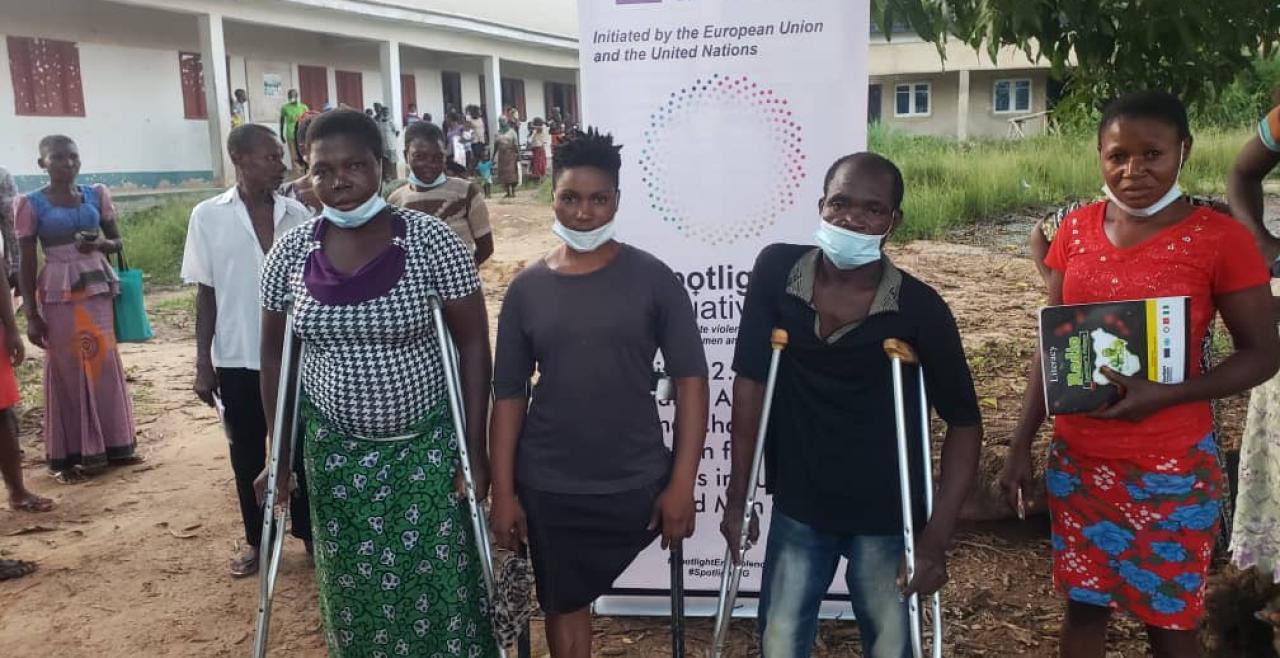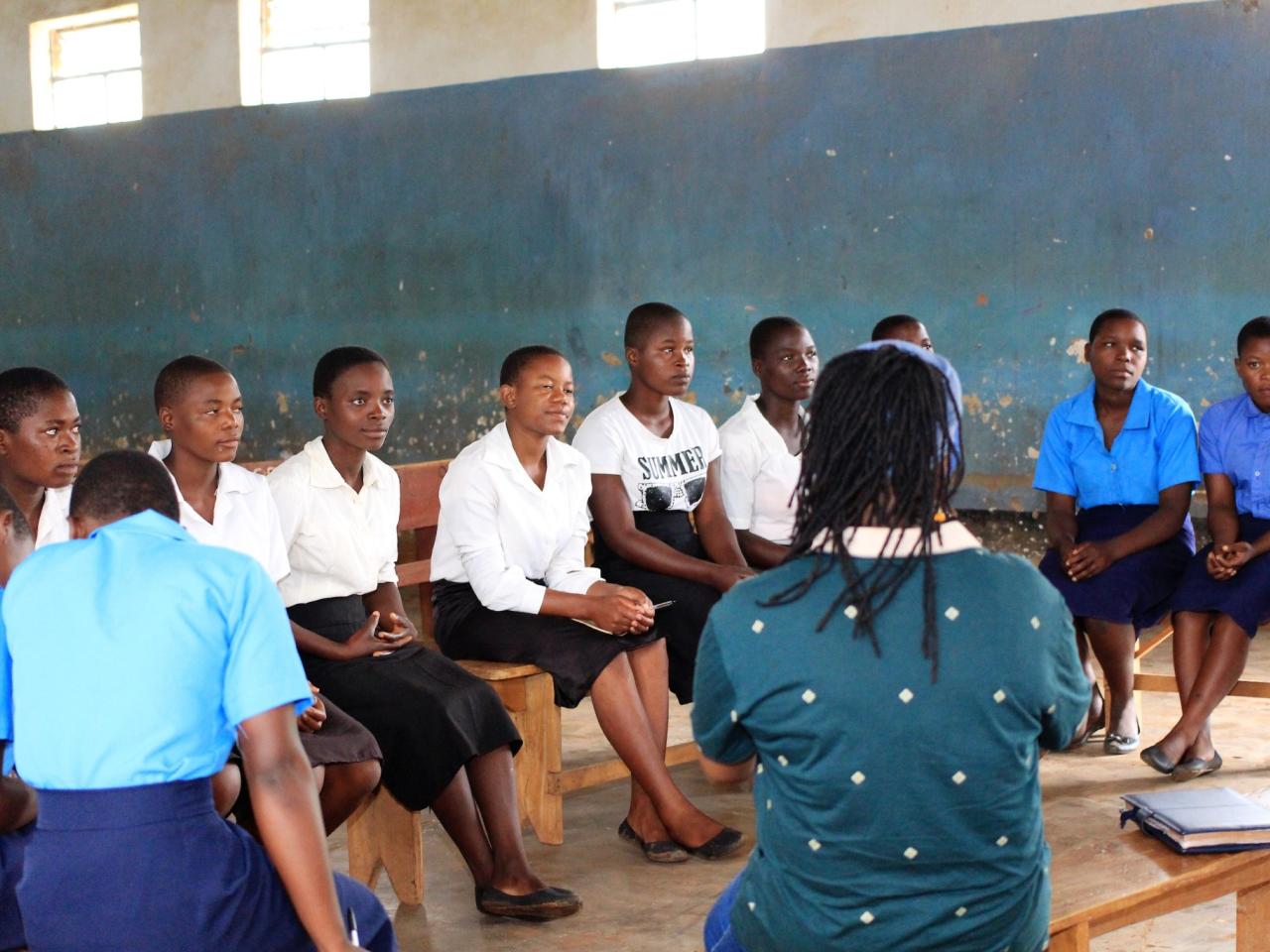Back to school for girls and women with disabilities in Nigeria

EBONYI STATE, Nigeria - Ifuoma Oga’s mother was unable to care for her when she was born, so she was sent to another state to live with a relative. There, she attended elementary school and sold peanuts to help support the family.
While in third grade, she was selling peanuts in the street when she was hit by a car. Doctors were forced to amputate her leg, and it took two years for Ms. Oga to learn to walk with crutches. Even so, she says the worst part was being kept home from school.
“I was able to gradually build my confidence... I hope that other people with disabilities are able to get the same chance that I did.” - Ifuoma Oga, graduate
“The saddest part for me was not being able to continue with my education for a long time,” she says, now in her twenties. “I lost touch with what the classroom looks like, I didn’t see my friends and I was always shy to go out as people often stared at me.” Ms. Oga felt isolated.
Sadly, she is far from alone. UNICEF reports that nearly 50 per cent of the world’s 93 million children with disabilities are out of school. The out-of-school rate for children without disabilities is much lower, at 13 per cent.
Deprived of an education, children with disabilities are less likely to thrive as adults, and less likely to find fulfilling, well paid work. They are also more vulnerable to violence, including gender-based violence.
A change in fortune
Last year, Ms. Oga’s community was visited by a door-knocking campaign to raise awareness about a new programme called Accelerated Second Chance Education. The Spotlight Initiative-supported programme aims to give children who haven’t completed their schooling a pathway back to education.
The project is dearly needed in Nigeria, which is home to one in five of the world’s out-of-school children.
Ms. Oga joined the programme, and, among other subjects, studied English. “I am battling with spelling, but surely I will improve,” she says of the challenge.
Though she is often quiet among friends, she says that the classes in English, life skills, and sexual and reproductive health and rights have helped her come out of her shell.
“I was able to gradually build my confidence,” she explains. That confidence is an important lift for Ms. Oga and others like her, who are more likely to be marginalized by their families and communities.
Ms. Oga graduated from the programme in March 2021, joining 60,000 women and girls who have completed the programme nationally.
Ensuring that all women and girls are able to exercise their rights, including their right to education and a life free from violence, will require systemic change to education, work and social services — but it can be done. Ms. Oga is proof.
“I hope that other children and young people with disabilities are able to get the same chance that I did,” she says.
By Concilia Ifeanyi

